Publications
Articles, publications, books, tools and multimedia features from the U.S. Institute of Peace provide the latest news, analysis, research findings, practitioner guides and reports, all related to the conflict zones and issues that are at the center of the Institute’s work to prevent and reduce violent conflict.

Leanne Erdberg on Violent Extremist Disengagement and Reconciliation
While some will face criminal trial, many of those who traveled to live with ISIS but have disavowed its ideology will have to reintegrate into their communities. “We need to encourage a way to talk about them so that they can form new bonds with their communities,” says Leanne Erdberg. “Language has a very important role to play.”

Leanne Erdberg on the Psychology Behind Terrorism
Nearly 20 years after 9/11, determining the profile of someone who is going to join a terrorist group remains a deeply challenging effort. For too long we have looked at simple explanations— like poverty or lack of education—for why people join violent movements. Erdberg discusses a new project to investigate the psychology and neuroscience that motivates people to resort to extremism.
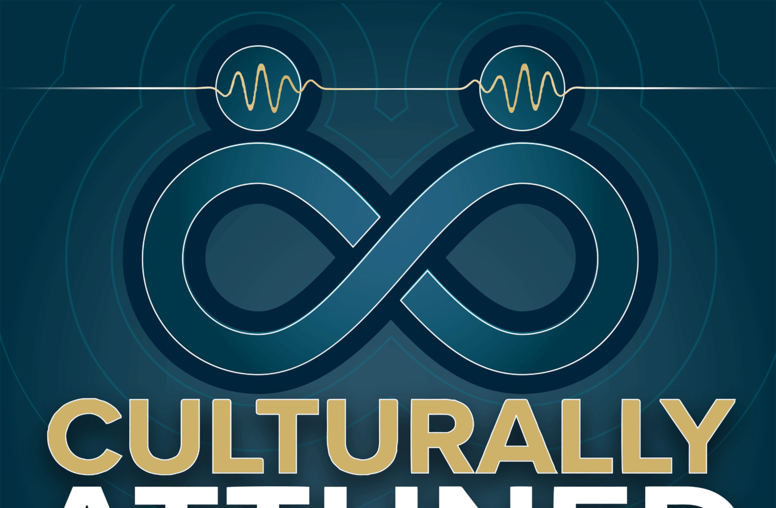
Building cross-cultural trust, even in the face of extremist violence
How do we build trust across cultural divides? USIP’s Leanne Erdberg Steadman has spent years seeking trust across the most painful of chasms—with former violent extremists in the Middle East and Africa. She shares a story of what she’s learned.
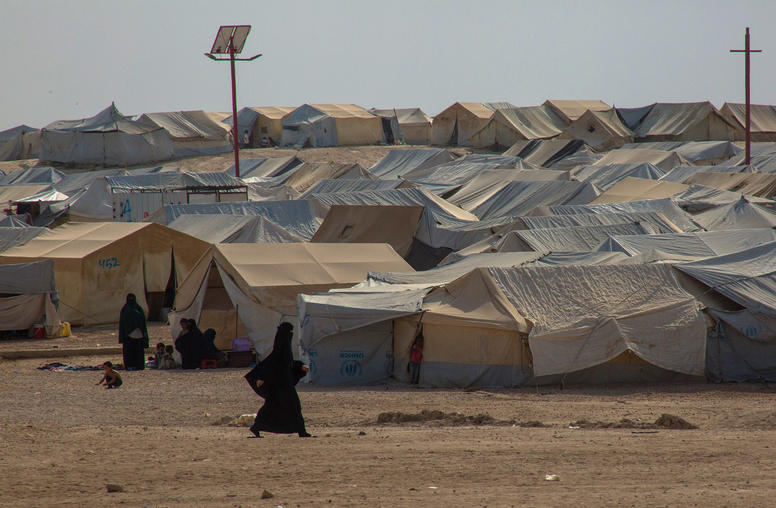
Can Syrians Who Left ISIS Be Reintegrated into Their Communities?
More than a year since the territorial defeat of ISIS, the region is still reeling in the wake of the self-styled caliphate’s destruction. Kurdish authorities operate two dozen detention facilities in northeast Syria holding thousands of former ISIS fighters. On October 5, Kurdish authorities in charge of al-Hol said they would free the 24,000 Syrians in the camp, where conditions have become increasingly unsustainable. USIP’s Mona Yacoubian, Chris Bosley, and Leanne Erdberg Steadman look at what led to the decision to release these Syrians and the challenges ahead for reintegrating them into their communities.

Disengagement and Reconciliation in Conflict-Affected Settings
Even in brutal and desperate conflict settings, it is possible for people to abandon violence and leave violent groups. Peacebuilders know this well—yet terrorism and counterterrorism policies and practices have often neglected practical ways to address participants in violent extremism and failed to provide them opportunities to reject violence. This report examines how peacebuilding tools can help transform the individual attitudes, group relationships, and social ecosystems and structures needed to facilitate the effective disengagement and reconciliation of former members of violent extremist groups.
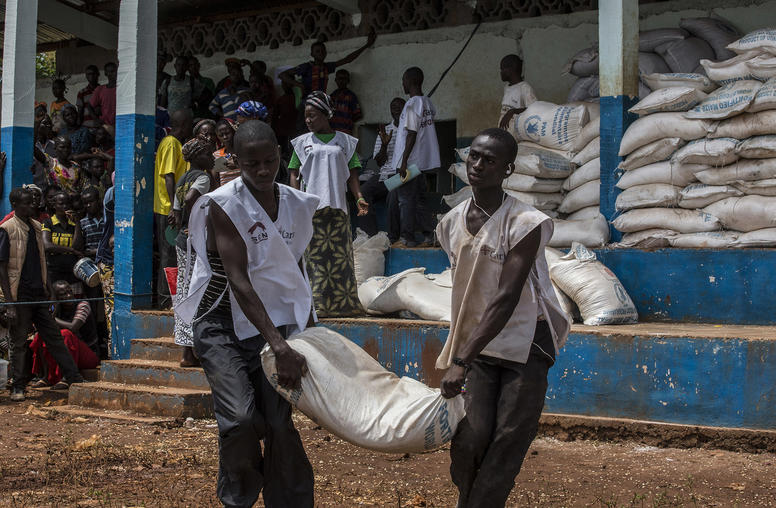
The Role of Aid and Development in the Fight Against Extremism
Extremist groups thrive in fragile states where basic needs go unmet. Development efforts can address the conditions that make people vulnerable to extremism. If you look at a map of where terrorist groups operate and where terrorist attacks occur, you will find that many coincide with locations of intractable conflict and deep development deficits. Low human development indicators, stark disparities in opportunity and access to resources, poor or scattered governance, and a history of conflict and social marginalization feature prominently among afflicted communities.
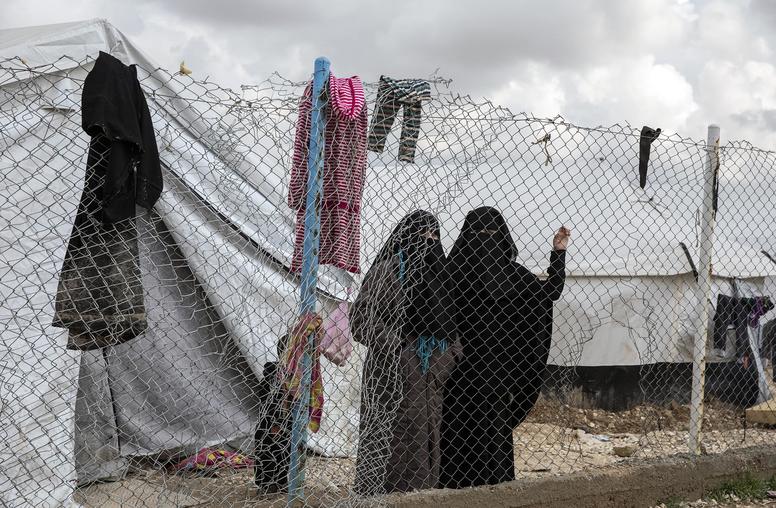
What Policymakers Can Learn About Gender from Terrorists
The road to violent extremism is neither simple nor predictable, with diverse motivations and discrete, individual paths. No singular profile accurately describes all those who decide to join. Millions of people may experience similar situations and live in similar contexts but never join an extremist group, while some people will join who would we would not deem at risk. This makes preventing and countering violent extremism exceptionally difficult. It’s an even more intractable task when gender is an afterthought, or worse, gender is used to justify over-simplified, one-size-fits-all approaches.
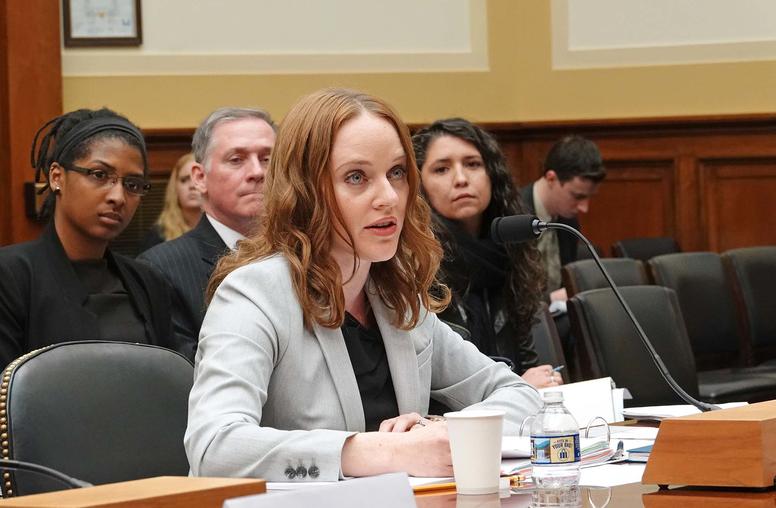
Grading Counterterrorism Cooperation with the GCC States
This testimony covers the following questions: (1) How have GCC countries addressed violent extremism and terrorism within their own national borders; (2) How have GCC countries addressed violent extremism and terrorism regionally and internationally; and, (3) What recommendations can enable future GCC efforts to go beyond eliminating today’s terrorists and prevent terrorism from emerging in the first place?
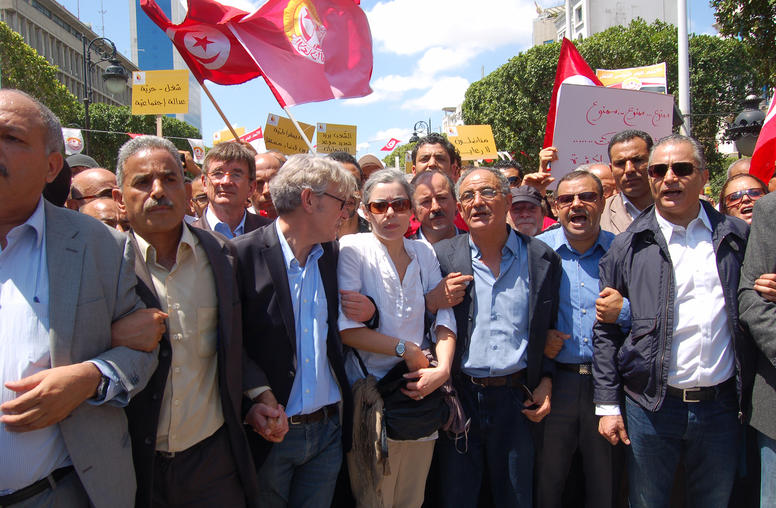
How Civil Society Can Help Prevent Violence and Extremism
Editor’s Note: Congress charged the U.S. Institute of Peace with convening the Task Force on Extremism in Fragile States. Following the public launch of the Task Force’s final report, four groups of experts came together to discuss how to implement the report’s recommendations. This four-part series will discuss the findings from these strategy sessions. Part one summarizes expert discussion on how civil society actors are preventing violent extremism and building resilience in their communities and practical ways the U.S. and other international actors can more effectively interact with civil society to bolster its role in prevention.
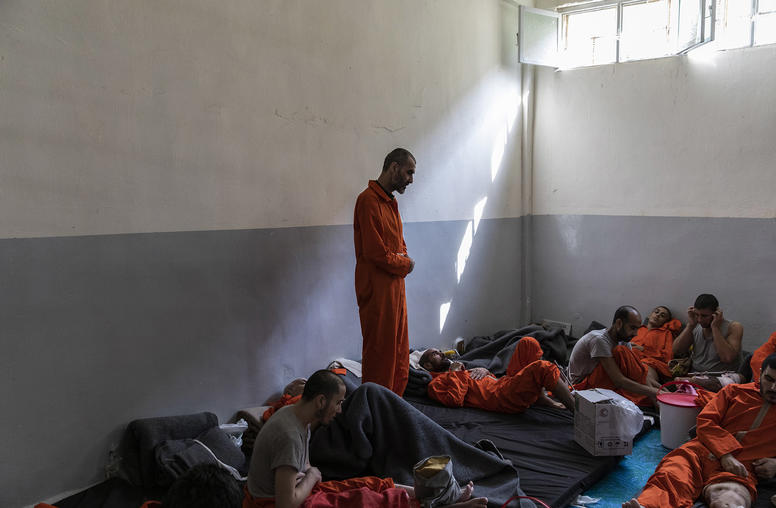
Can Policy Catch up to the Golden Age of Terrorism Research?
Meanwhile, researchers are increasingly understanding the dynamics that drive people to join terrorist groups—unpacking the numerous, complex reasons, and shining light on the local sociopolitical dynamics, something the media is covering more regularly. This new wave of research has a multiplicity of focus areas and employs rigorous methods to offer workable insights on violent extremism. It’s time for policy to catch up to the research.